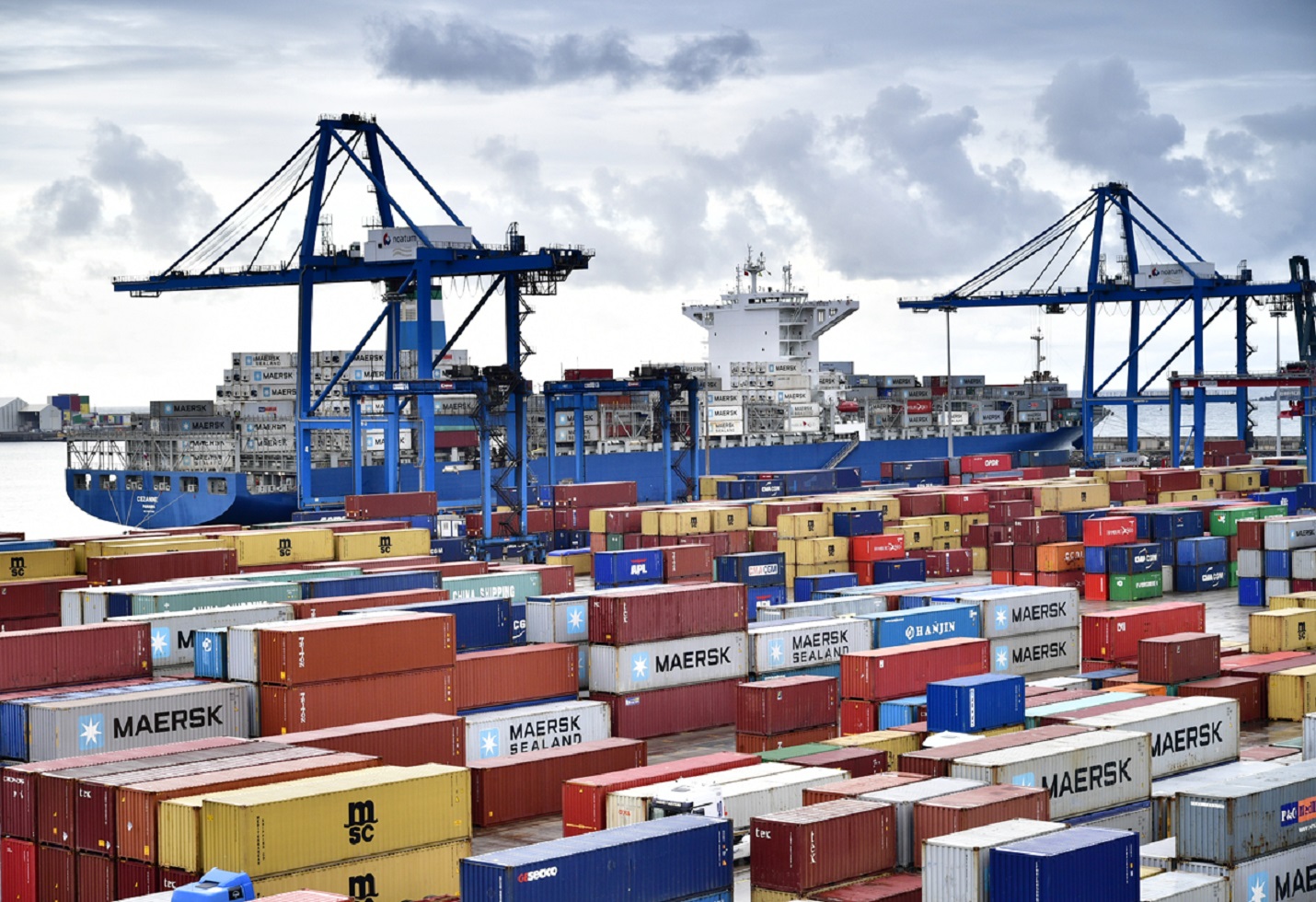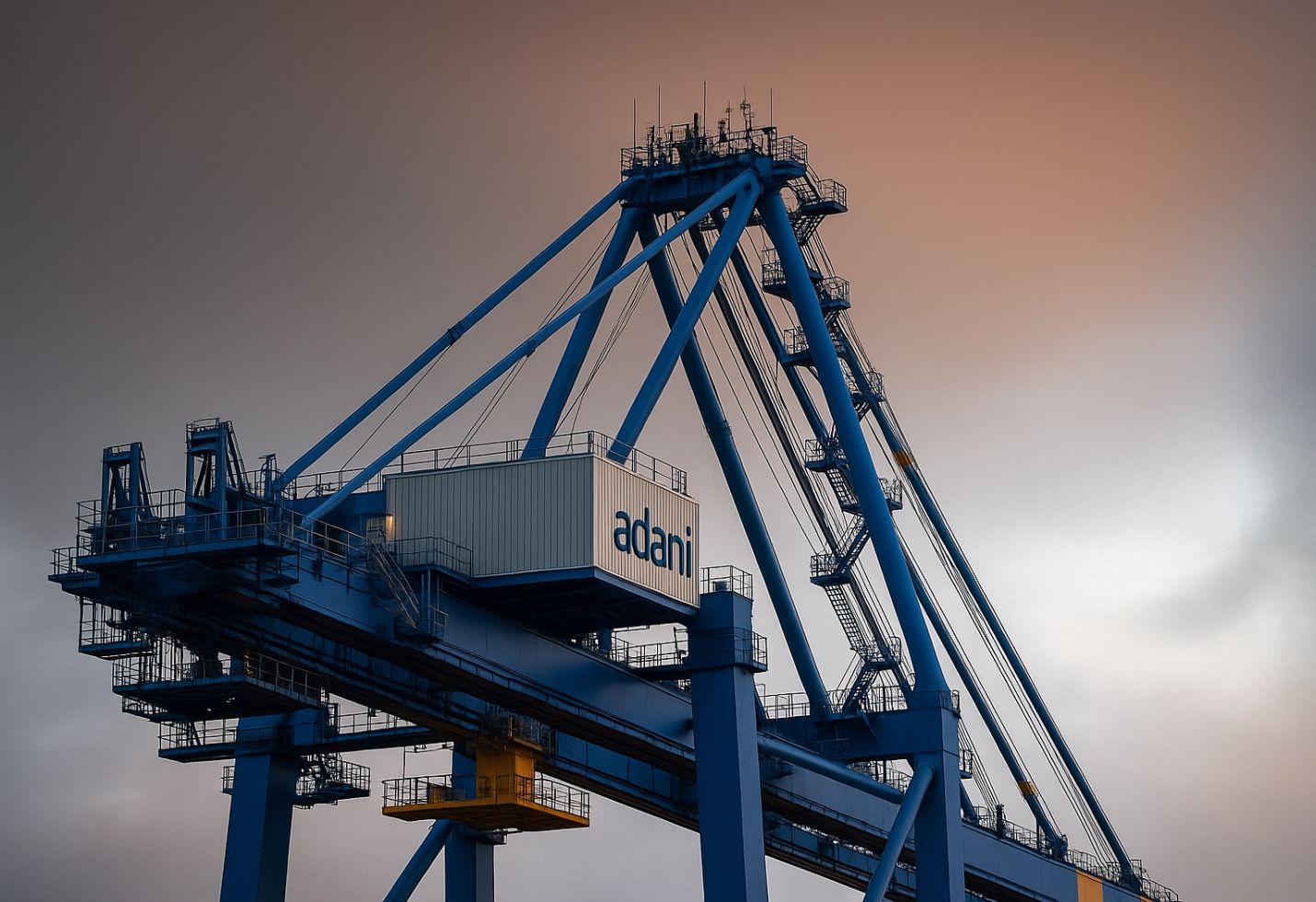Gautam Adani’s Freight Forwarding Foray: Challenging Global Logistics Giants
Adani Ports’ bold entry into freight forwarding aims to disrupt a market dominated by multinationals, leveraging India’s largest port network and integrated logistics infrastructure.
Introduction
The Indian logistics landscape is witnessing a seismic shift as Gautam Adani, one of the country’s most influential business leaders, sets his sights on the global freight forwarding market. By expanding Adani Ports and Special Economic Zone Ltd (APSEZ) into this domain, Adani is taking on multinational giants and aiming to reshape how goods move across borders for Indian businesses.
The Freight Forwarding Market: A Global Battleground
Freight forwarding is a critical intermediary service in international trade, orchestrating the movement of goods from origin to destination, including transportation, documentation, and customs clearance. In India, this market has long been dominated by foreign multinationals such as DHL, DB Schenker, Panalpina, Nippon Express, and Yusen Logistics, collectively controlling about 70% of the sector.
Among Indian firms, Allcargo Logistics has been a leading player, but the entry of APSEZ brings a new scale and ambition to the table.
Adani’s Integrated Logistics Advantage
APSEZ’s freight forwarding venture is not a standalone play. The company already commands 45.5% of India’s container handling market at ports and operates air cargo terminals at key airports. Its logistics vertical has posted a remarkable 39% revenue growth in FY25, underlining its aggressive expansion.
Key assets and capabilities include:
• 132 railway rakes (68 containers, 54 GPWIS, 7 Agri, 3 AFTO)
• 12 multi-modal logistics parks
• 3.1 million sq ft of warehousing
• 1.2 million tonnes of agri silos, expanding to 4 million tonnes
These assets enable APSEZ to offer end-to-end integrated transport solutions-spanning ports, rail, road, warehousing, and now, freight forwarding.
Strategic Moves: Trucking and International Freight Network
In FY25, APSEZ launched two new initiatives:
• Trucking Management Solution (TMS):
A marketplace and fulfilment platform to streamline the supply chain for customers.
• International Freight Network (IFN):
An integrated digital platform connecting carriers with end users, enhancing transparency and efficiency.
These innovations are designed to attract more cargo to APSEZ’s network and strengthen its position as a transport utility, not just a port operator.
Leadership and Vision
The freight forwarding business is headed by Akshyat Bhatia, Vice President–Logistics, who joined APSEZ after over 14 years at A.P. Moller-Maersk, bringing deep industry expertise. CEO Ashwani Gupta emphasizes that APSEZ is now a “full end-to-end integrated transport utility company,” aiming to capture the entire supply chain and offer competitive ocean freight rates to customers.
Disrupting the Status Quo
APSEZ’s strategy mirrors global trends, where leading container shipping lines and terminal operators like DP World have expanded into landside logistics to provide end-to-end solutions. By leveraging its vast container market share, APSEZ can negotiate better rates with shipping lines and offer more competitive pricing to Indian exporters and importers.
The company aims to attract customers in India’s hinterland-currently served by third-party freight forwarders-by offering integrated services and the purchasing power of the Adani Group.
The Bigger Picture: Air Cargo and International Expansion
Adani’s logistics ambitions extend beyond ocean freight. The group is exploring passenger-to-freighter (P2F) aircraft conversions to tap into India’s growing air cargo market, which is currently underserved by domestic operators. This is in line with APSEZ’s larger objective of establishing itself as a leading force in all forms of cargo transportation.
Internationally, Adani Ports is also expanding its footprint, recently acquiring the North Queensland Export Terminal in Australia to boost its annual capacity and global reach.
Conclusion
Gautam Adani’s move into freight forwarding signals a pivotal shift in India’s logistics sector.
With its vast scale, integrated infrastructure, and focus on digital transformation, APSEZ is positioning itself to compete with global leaders and provide Indian businesses with a compelling alternative. As the company broadens its presence across sea, land, and air transport, it has the potential to reshape the logistics industry both in India and internationally.
The image added is for representation purposes only


